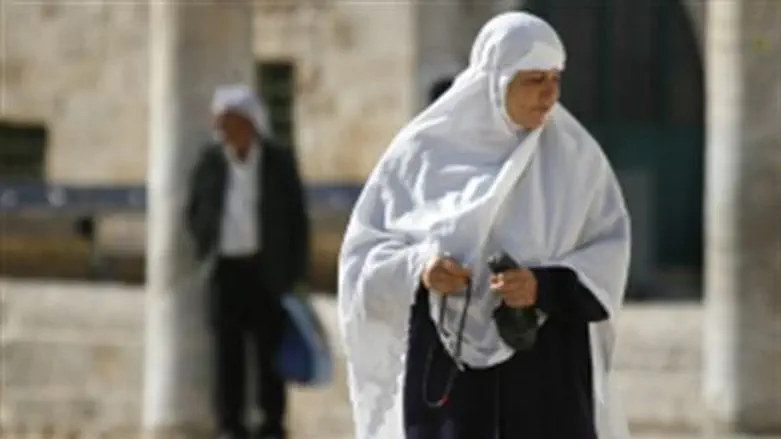
Hard-line Islamist nations Iran and Saudi Arabia are hoping to join the board of U.N. Women when the votes are counted on Wednesday – the United Nations' new agency for women, established in July after years of effort by women's groups.
One woman who found the thought revolting was Iranian 2003 Nobel laureate, activist Shirin Ebadi.
“How can a country that has not ratified the Convention on the Elimination of Discrimination Against Women (CEDAW) … be a member of that board and speak about women's rights?” she demanded Tuesday at a U.N. news conference. Speaking through a Persian translator, Ebadi added, “I think that this board – with the members that we can see – will not get anywhere.”
The two Middle Eastern Arab nations are among the 50 countries who stood as candidates to the 41-member executive board of the agency, with Iran having led the race for the top spot.
Ten spots on the board are reserved for Asian nations – and only 10 Asian countries were in the running for those spots, including Iran. But at the 11th hour, an 11th candidate was found, throwing a monkey wrench into Iran's well-oiled diplomatic machinery.
The United States, Canada and Australia had been working behind the scenes to recruit rivals to keep the Islamic Republic off the 41-member board. Timor-Leste – the official name for East Timor – suddenly joined the race, bringing the number of Asian candidates to 11 and making it theoretically possible to leave Iran out. Australia in particular enjoys an exceptionally close relationship with the small Asian nation.
Women in Saudi Arabia make up less than 10 percent of the work force in that country, are forbidden to drive, and must receive permission from a male guardian to travel, work, study and marry. Generally, a woman who goes out in public must be accompanied by a male – even a minor – in order to avoid being harassed or viewed with disdain.
Iran recently decided to delay the execution of a woman by stoning due to a flood of worldwide condemnation that created major pressure on the Tehran government. Nevertheless, it is unclear when or if Sakineh Mohammadi Ashtiani, convicted of adultery, will again be forced to face her tormentors, after four years in prison.
The 43-year-old widow and mother of two's original sentence to death by stoning was reportedly suspended. However, the government alleged that she murdered her husband as well – a charge that didn't stick – and said she could be executed by hanging for the crime. In addition to being tortured repeatedly, she also received 99 lashes twice – once, before the eyes of her 17-year-old son.